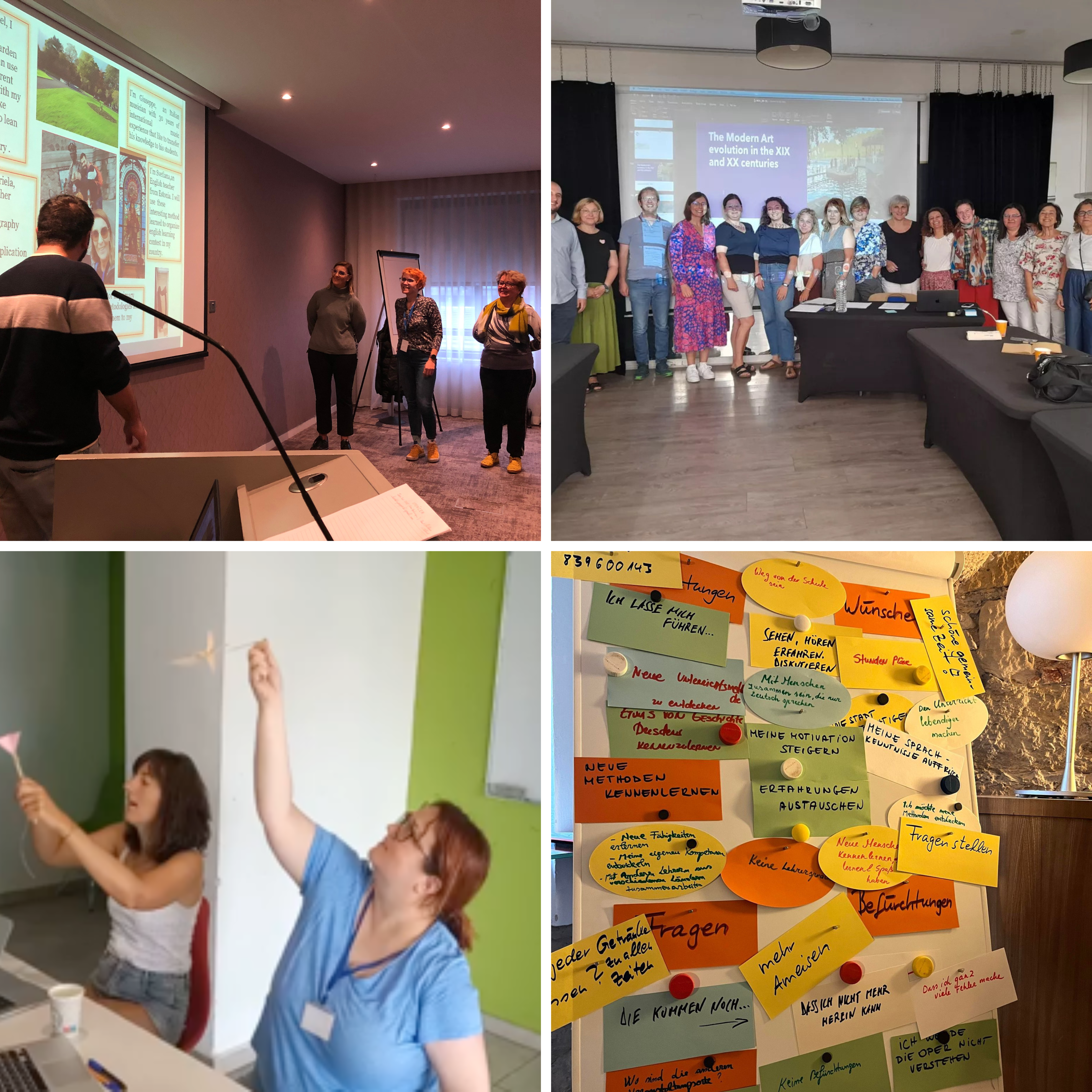
Topic(s) addressed
This project focused on the integration of school subjects, outdoor learning, development of school curriculum, creativity, environmentally sustainable education and improving the quality of teaching.
Target group(s)
This project focused mainly on high school students as well as their teachers.
Methodologies
The high school curriculum was updated in many ways. Student-centred teaching methodologies were introduced through greater use of ICT tools, and outdoor learning, for example. 12 elective courses for high school students were offered in subjects like design, dance, and psychology. The school participated in 10 eTwinning projects, a new Erasmus+ project, and Euroscola in Strasbourg. Environmental education was included through the installation of six waste sorting stations in the school, the Green School programme, and participating in two state-funded environmental projects.
Innovation environment
Teachers gained knowledge about bullying prevention, curriculum development, maintaining mental health, teamwork, European school systems, and innovative teaching methodologies. They also learned new skills in motivating students, developing creativity, how to teach mentorship, and including and integrating Ukrainian refugees. Teachers started more international projects and increased their cultural awareness, ICT, and foreign language skills. 21st century competencies are now being taught.
Teachers’ role
Teachers improved their methodological and general pedagogical competencies, gained knowledge and experience on how to integrate school subjects to develop a better school curriculum, and learned how to maximise the benefits of learning outside of school and use outdoor learning in lessons. They have also improved their foreign language skills and gained experience in participating in Erasmus+ Learning experiences and participating in peer education.
Impact and output
The teaching languages in our school are Russian and Estonian. The project and follow-up activities helped to encourage an understanding of what it means to be an EU citizen. The direct impact of the project can be seen in the new school curriculum, as a result of the project. The entire staff of the school was involved and 18 participants went on a mobility project. Two more Erasmus+ projects have followed this project along with more international projects. Several other schools have been advised on how to participate in an Erasmus+ project.
Video
- Reference
- 2020-1-EE01-KA101-077812
- Project locations
- Estonia
- Project category
- Secondary education
- Project year
- 2024
Stakeholders
Coordinators
Maardu Gümnaasium (Maardu Gymnasium)
- Address
- Estonia
